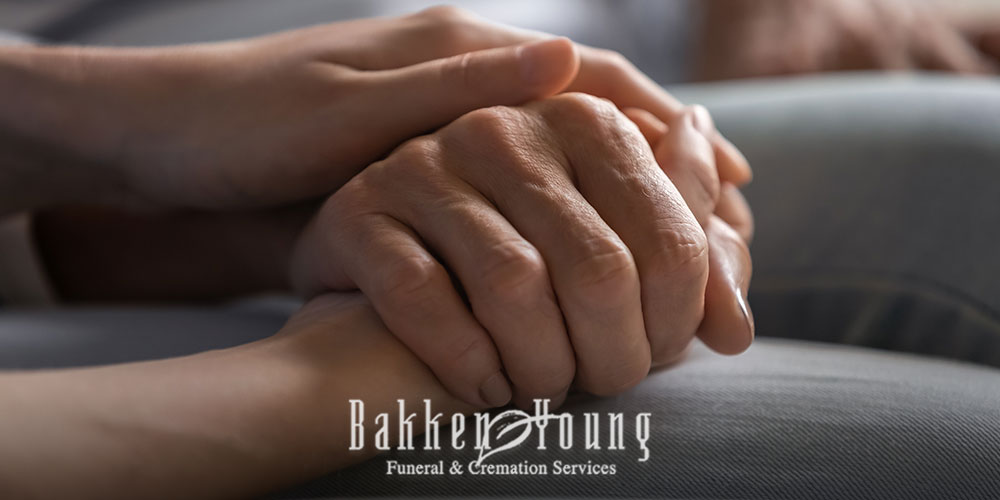by Julia Rajtar, MAPS, BCC
Many of us will manage grief with the support of the loving and caring people around us, such as family, friends and co-workers. Sometimes we need the help of others to walk with us in our grief, such as a well-run support group. Still, there are times we may need the assistance of a professional to guide us in our grief this can include times when our grief is disabling, making it difficult to work for example, or if we want to harm ourselves, or when we are so bitter and angry that we drive people away and destroy relationships in our lives.
Why Is It So Hard To Ask For Help When Grieving?
When we experience a death, we always need help. Sometimes we need that help right away, immediately after a death, and sometimes we need that help later on after the thank you’s are written and life has slowed down. Why then, is it so hard to ask for help when grieving?
- In a society where individualism is highly regarded, asking for help can be perceived as a sign of weakness.
- There is a certain stoicism that is valued in society, particularly in military culture.
- Sometimes “we need to stay strong for others.”
It is important to allow for grief and to model it, yet how can that happen if we don’t recognize it as grief?
Grief is a process that takes place over a long period of time, it is not a one-time event. Some have described it as riding a roller coaster. In the first few weeks after the death we have the things connected to the death to keep us busy and over the next 4-6 weeks grief speaks louder. Grief affects us in many ways and is sometimes not even acknowledged, because we don’t recognize it and tend to interpret it differently. Grief is a form of stress evoked by loss.
While people can experience a range of reactions, the following occur predictably: • A sense of disbelief • Confusion, difficulty thinking clearly • Sadness • Sense of disconnection from others • Frequent thoughts and memories of the deceased • Yearning or longing • Difficulty concentrating or being interested in anything other than the person who died • Doing things to try to feel close to the person who died, or trying to avoid reminders that they are gone
The D, L, and R People In Your Life
Asking for help includes taking time to recognize the Doers(D’s), Listeners(L’s) and Respite(R’s) in your life and reaching out to them. The D(Doer) is the one that you can call on when you need something done (ex. You can call on them to bring your child to practice when you’re having a bad day.) The L(Listener) is that person who can listen to you. (ex. This is your 3am friend, honored you called them up at that time.) The R(Respite) people are those that can help us to take a break, take us out to eat, movies, etc. (they won’t ask how are you doing because they hope you won’t talk about your grief.) Remember, not everyone has the same skills which is why we need all three types of people in our lives as we mourn. Know what you need and whom to ask about it.
Asking for help isn’t weak, it’s a great example of how to take care of yourself. Charlie Brown
Sources:
TAPS(Tragedy Assistance Program for Survivors Institute for Hope & Healing), Webinar: Asking for Help When You Are Grieving, Kenneth J. Doka, PhD, MDiv, Senior Vice President, Grief Programs, Hospice Foundation of America, Aug. 17, 2021.
Reactions to Grief, The Columbia Center for Complicate Grief, Managing Bereavement around the Coronavirus


Add Comment